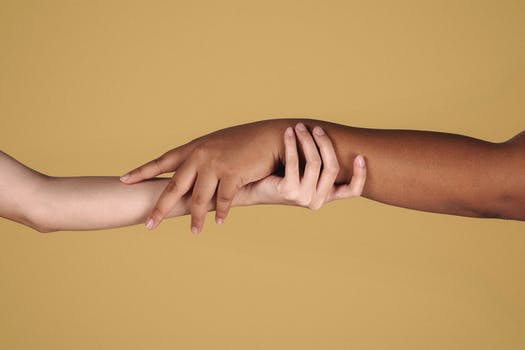Hi everyone,
In short, I believe that there will be a greater need for open education resources within my own teaching as I have personally experienced the great costs incurred from purchasing textbooks throughout my undergraduate career (Moist, 2017).
What I would be primarily interested in adapting would be a psychology textbook which focuses on the fundamentals of depth psychology. Since I have many of my own psychological interests, I would be interested in adapting a piece of psychological curriculum which is associated towards my own interests in Jungian psychology (Moist, 2017).
While I have been exposed to many different open education textbooks which covered the fundaments of psychology, I would be interested in further adapting them towards a depth psychology leaning. The fact that open educational resources can also be updated all the time is a tremendous advantage for an educator since the content never has the opportunity to go out of date (Blink Tower, 2012).
As a consequence, I would like to contribute to open education resources through the creation of my own audio/visual presentations which discuss theoretical concepts of psychology rather than having to depend on exclusively ‘word-based’ documents and resources. I am growing towards a greater appreciation of audio/visual learning resources and this appreciation has spurned a new creative interest in me towards the creation of learning resources which are interesting and relevant to both my own and my students interests.
Best,
Carson 🙂
References
Blink Tower. (2012). Why open education matters [Video file]. Vimeo. https://barabus.tru.ca/eddl5131/whyeducationmatters.html
Moist, S. (2017). Faculty OER toolkit. BCcampus. https://pressbooks.bccampus.ca/facultyoertoolkit/



